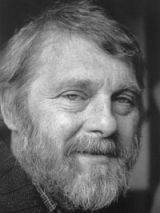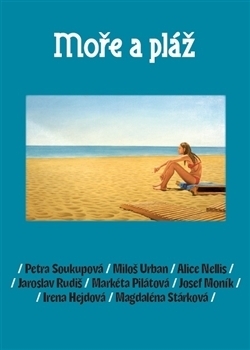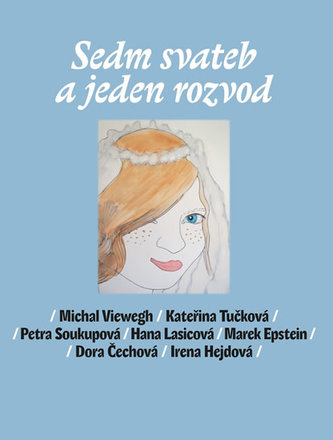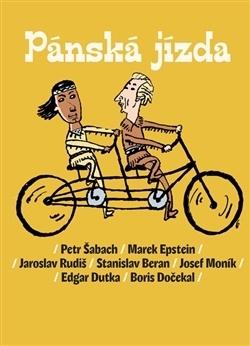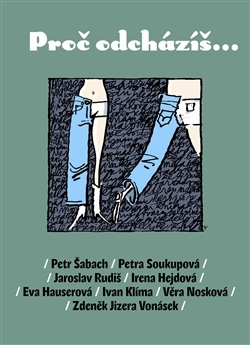
Part of Series
Authors
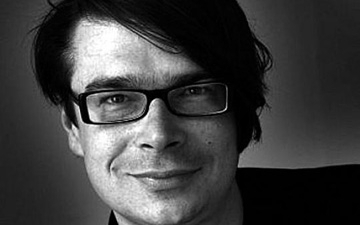
Vyrostl v Lomnici nad Popelkou. Navštěvoval gymnázium v Turnově, po něm vystudoval Pedagogickou fakultu Technické univerzity v Liberci (obor němčina – dějepis). Dále studoval v Praze a Curychu. V letech 2001 až 2002 pobýval v Berlíně, kde obdržel novinářské stipendium na Svobodné univerzitě. Pracoval jako učitel, DJ, manažer punkové skupiny, hotelový portýr a naposledy jako novinář v deníku Právo. Nyní je spisovatelem na volné noze. Příležitostně vystupuje se skupinami U-Bahn a The Bombers, píše také písňové texty (mj. pro skupiny Umakart a Lety mimo). S básníkem a prozaikem Igorem Malijevským pořádá v pražském Divadle Archa každý měsíc literární kabaret EKG. Prvotina Nebe pod Berlínem (2002) ho proslavila. Kniha získala Cenu Jiřího Ortena a byla také oceněna jako Nejkrásnější kniha roku. Román byl přeložen do pěti jazyků. Vydal také trilogii komiksů Alois Nebel (spolu s kreslířem Jaromírem 99, tj. Jaromírem Švejdíkem, Bílý Potok, Hlavní nádraží a Zlaté Hory, 2003–2005) o česko-německém výpravčím vlaků, sloužícím na malé stanici v Sudetech.
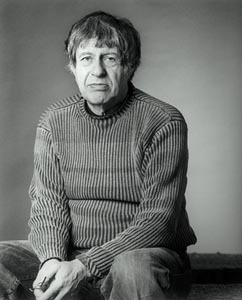
Ivan Klíma (born 14 September 1931, Prague, born as Ivan Kauders) is a Czech novelist and playwright. He has received the Magnesia Litera Award and the Franz Kafka Prize, among other honors. Klíma's early childhood in Prague was happy and uneventful, but this all changed with the German invasion of Czechoslovakia in 1938, after the Munich Agreement. He had been unaware that both his parents had Jewish ancestry; neither were observant Jews, but this was immaterial to the Germans. In November 1941, first his father Vilém Klíma, and then in December, he and his mother and brother were ordered to leave for the concentration camp at Theriesenstadt (Terezín), where he was to remain until liberation by the Russian Liberation Army in May, 1945. Both he and his parents survived incarceration—a miracle at that time—Terezín was a holding camp for Jews from central and southern Europe, and was regularly cleared of its overcrowded population by transports to "the East", death camps such as Auschwitz. Klíma has written graphically of this period in articles in the UK literary magazine, Granta, particularly A Childhood in Terezin. It was while living in these extreme conditions that he says he first experienced “the liberating power that writing can give”, after reading a school essay to his class. He was also in the midst of a story-telling community, pressed together under remarkable circumstances where death was ever-present. Children were quartered with their mothers, where he was exposed to a rich verbal culture of song and anecdote. This remarkable and unusual background was not the end of the Klíma's introduction to the great historical forces that shaped mid-century Europe. With liberation came the rise of the Czech Communist regime, and the replacement of Nazi tyranny with proxy Soviet control of the inter-war Czech democratic experiment. Klima became a member of the Communist Party of Czechoslovakia.[4] Later, his childhood hopes of fairy tale triumphs of good over evil became an adult awareness that it was often “not the forces of good and evil that do battle with each other, but merely two different evils, in competition for the control of the world”. The early show trials and murders of those who opposed the new regime had already begun, and Klíma's father was again imprisoned, this time by his own countrymen. It is this dark background that is the crucible out of which Klíma's written material was shaped: the knowledge of the depths of human cruelty, along with a private need for personal integrity, the struggle of the individual to keep whatever personal values the totalitarian regimes he lived under were attempting to obliterate. For his writing abilities, Ivan Klíma was awarded Franz Kafka Prize in 2002 as a second recipient. His two-volume memoir Moje šílené století ("My Crazy Century") won the Czech literary prize, the Magnesia Litera, in the non-fiction category in 2010. Biography from http://en.wikipedia.org/wiki/Ivan\_Kl%...
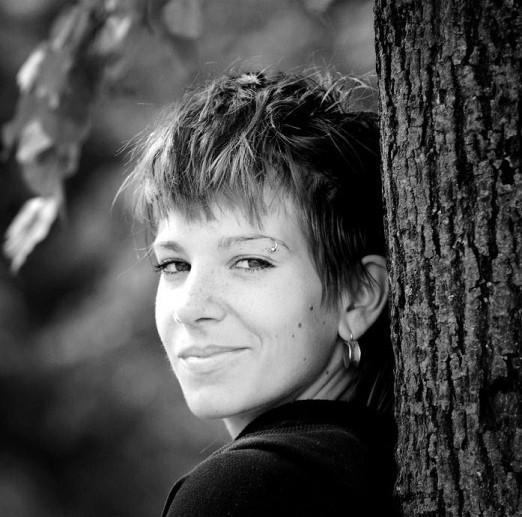
Petra Soukupová je česká spisovatelka a scenáristka, laureátka literárních cen Magnesia Litera 2010 v kategorii Kniha roku za prózu Zmizet a Ceny Jiřího Ortena 2008 pro mladé literáty za knihu K moři. Absolvovala obory scenáristika a dramaturgie na Filmové a televizní fakultě Akademie múzických umění v Praze. K povídce Na krátko vytvořila scénář, za nějž v roce 2009 obdržela 3. místo v soutěži Cena Sazky za nerealizovaný scénář. Kniha K moři se stala předlohou pro napsání scénáře, za který obdržela nejvyšší ocenění ve 2. ročníku soutěže scenáristů Nadace Barrandov & RWE. Za triptych Zmizet byla vedle zisku Magnesie Litery také nominována na Cenu Josefa Škvoreckého. V letech 2008–2010 působila v televizi jako scenáristka seriálu Comeback, s Tomášem Baldýnským psala i seriál Kosmo. Od roku 2011 pracuje jako dramaturgyně seriálu Ulice.
